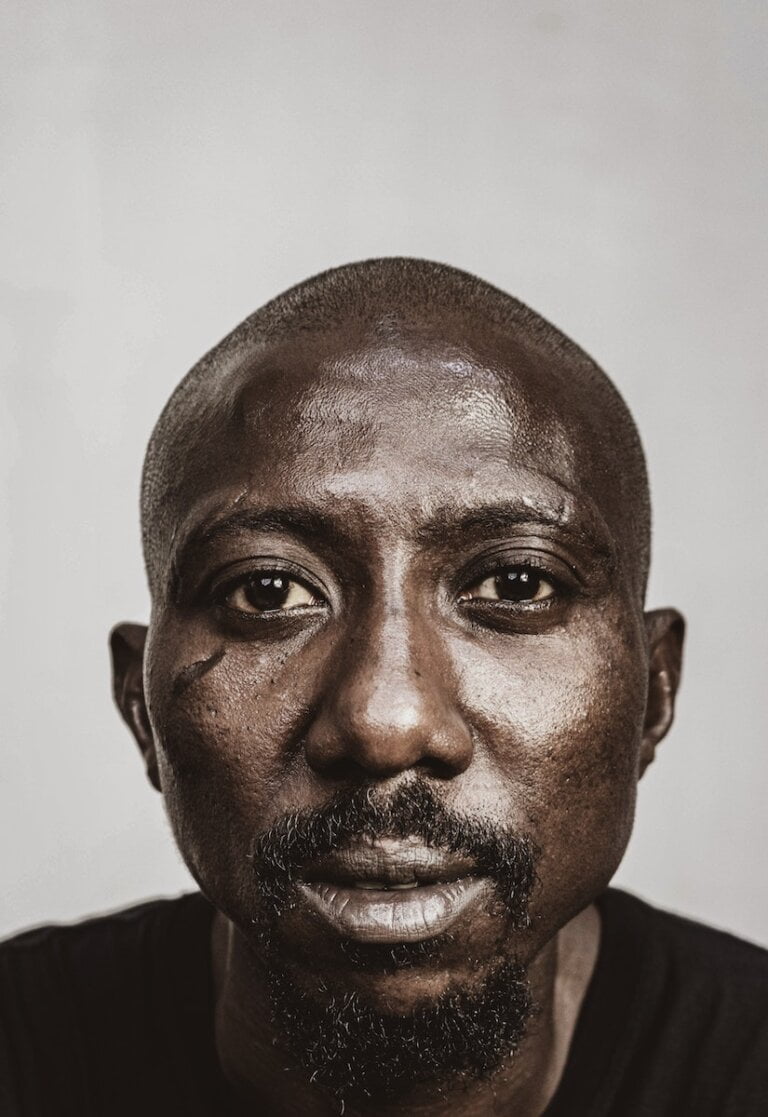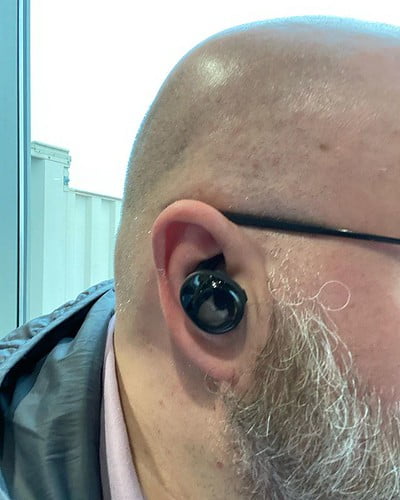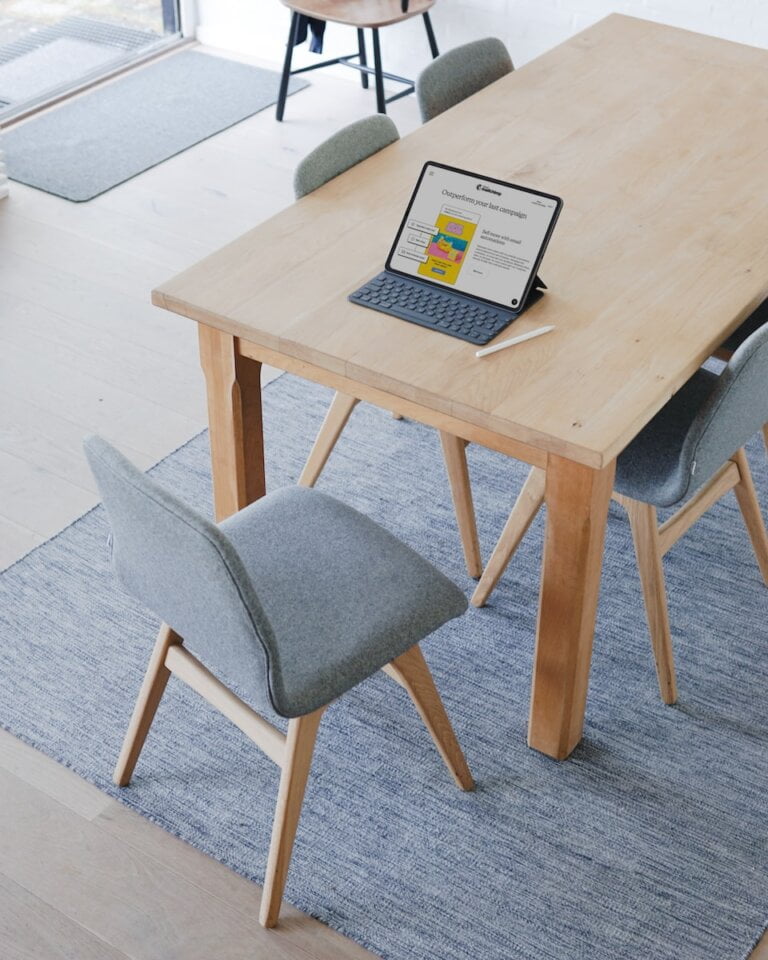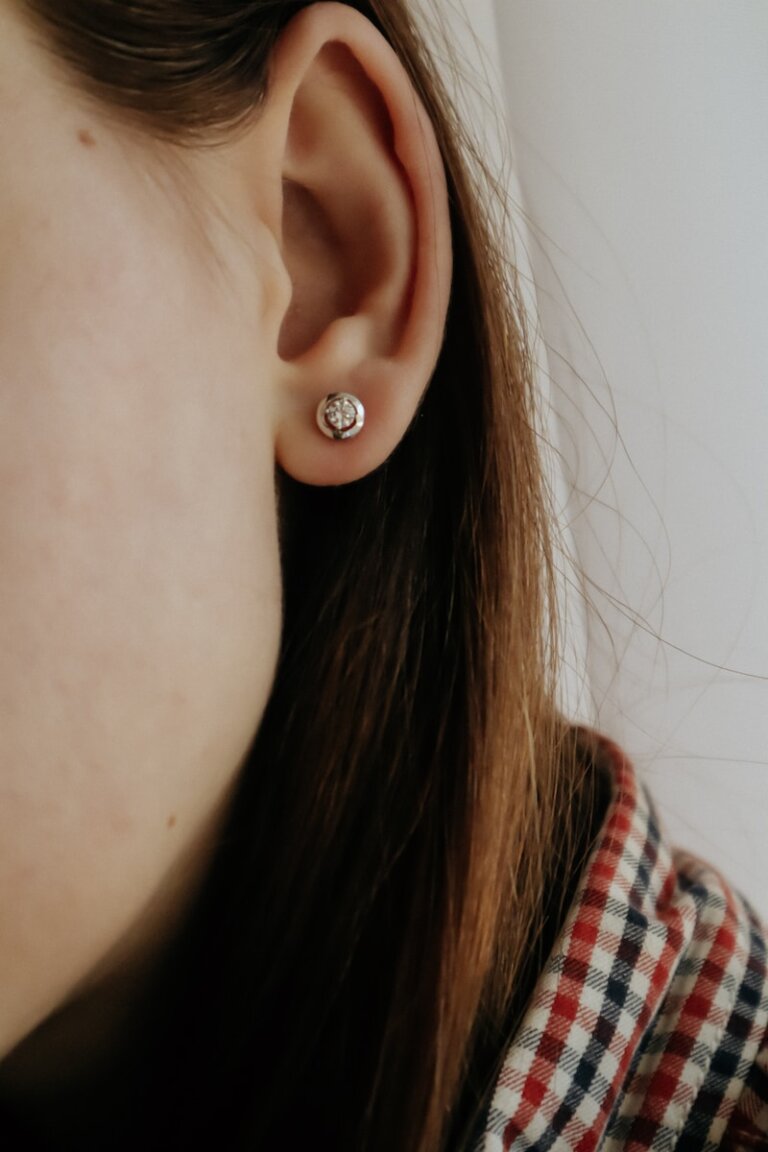Nurturing Your Ears: Caring for Your Ears After a Microsuction Procedure
Last Updated on 3rd May 2024 by Admin
After undergoing a microsuction procedure to remove excess earwax or other blockages from your ears, it is important to take proper care of your ears to ensure a smooth and healthy recovery. Caring for your ears post-procedure involves a few simple steps that can help minimize any discomfort and promote healing. In this article, we will explore the various ways to nurture your ears and maintain their health after a microsuction procedure.
1. Follow Your Audiologist’s Guidelines
One of the most crucial steps in caring for your ears after a microsuction procedure is to follow the guidelines provided by your audiologist or healthcare professional. These guidelines will be personalized based on your specific situation, taking into account factors like the extent of the procedure and any underlying conditions you may have. By adhering to these instructions, you can ensure optimal recovery and minimize the risk of complications.
Your audiologist may provide instructions regarding the use of eardrops, cleaning techniques, or precautions you need to take to prevent further complications. It is important to carefully follow these guidelines to promote healing and avoid any potential setbacks. By doing so, you can help your ears recover effectively and maintain their health in the long run.
2. Keep Your Ears Clean
Maintaining cleanliness in and around your ears is vital to prevent any infections or complications. However, it is crucial to avoid inserting any objects like cotton swabs or bobby pins into your ears, as they can push the wax deeper or even damage your eardrums. Instead, you should focus on gently cleaning the outer part of your ears.
To clean the outer part of your ears, you can use a damp cloth or a mild soap solution. Gently wipe the area around your ears, being careful not to insert anything into the ear canal. This will help remove any dirt or debris that may have accumulated, promoting a clean and healthy environment for healing.
3. Use Prescribed Eardrops
In some cases, your audiologist may prescribe eardrops to aid in the healing process and prevent infection. These eardrops may contain antibiotics, antifungal agents, or anti-inflammatory medication, depending on your specific needs. It is important to use the prescribed eardrops as directed by your healthcare professional.
When using eardrops, make sure to carefully follow the instructions provided by your audiologist. Typically, this involves tilting your head to the side, pulling the earlobe gently to straighten the ear canal, and instilling the prescribed number of drops. After instilling the drops, keep your head tilted for a few minutes to allow the medication to reach the affected areas. If you experience any unusual symptoms or side effects, it is important to contact your audiologist immediately for further guidance.
Additionally, it is worth noting that eardrops should not be used as a regular cleaning method for your ears. They are specifically prescribed for post-procedure care and should be used as directed by your healthcare professional.
4. Avoid Exposure to Excessive Moisture
Excessive moisture can disrupt the healing process and increase the risk of infection. Therefore, it is recommended to avoid activities that involve prolonged exposure to water, such as swimming or taking long baths, for at least a week after the microsuction procedure. Moisture can create a favorable environment for bacteria or fungi to thrive, potentially leading to complications.
To protect your ears from excessive moisture while showering, you can consider using earplugs or covering them with a shower cap. This will help prevent water from entering the ear canal and minimize the risk of infection. It is important to dry your ears thoroughly after showering or other activities that may cause them to become wet.
5. Protect Your Ears from Loud Noises
Following a microsuction procedure, your ears may be more sensitive to loud noises. It is important to protect your ears from excessive noise to prevent any further damage. Exposure to loud noises can potentially lead to hearing loss or worsen existing conditions.
To protect your ears from loud noises, it is advisable to avoid attending loud concerts, using headphones at high volumes, or participating in activities that involve exposure to loud noises. If you cannot avoid such situations, consider using earplugs or earmuffs to protect your ears. These protective measures can help reduce the intensity of the noise reaching your ears and minimize the risk of damage.
6. Avoid Air Travel If Possible
Flying can cause changes in air pressure, which may affect your ears during the healing process. If possible, it is advisable to avoid air travel for a few days after the microsuction procedure. Changes in air pressure can cause discomfort or pain in the ears, and in some cases, even affect the healing process.
If you must travel by plane, there are a few techniques you can try to help equalize the pressure in your ears during takeoff and landing. Swallowing, chewing gum, or yawning can help open the Eustachian tubes and equalize the pressure. These actions promote the flow of air and prevent the buildup of pressure in the middle ear, minimizing discomfort and potential complications.
7. Monitor Your Symptoms
After a microsuction procedure, it is important to pay close attention to any changes or unusual symptoms you may experience. While it is normal to have mild discomfort or temporary changes in hearing immediately after the procedure, persistent pain, excessive drainage, increased hearing loss, or any other concerning symptoms should be promptly addressed.
If you notice any concerning symptoms, it is crucial to contact your audiologist promptly. They can evaluate your condition and provide appropriate guidance. Early intervention can help prevent further complications and ensure a smooth recovery.
8. Follow Up with Your Audiologist
Attending any scheduled follow-up appointments with your audiologist is crucial for a complete recovery. These appointments allow your healthcare professional to monitor your progress, ensure proper healing, and address any concerns you may have. It is important not to skip or delay these appointments, as they play a significant role in your post-procedure care.
During follow-up appointments, your audiologist may examine your ears, perform any necessary tests, and provide further instructions based on your progress. They can address any questions or concerns you may have, ensuring that you receive the necessary support throughout your recovery process.
Conclusion
Caring for your ears after a microsuction procedure is essential to promote healing and prevent complications. By following your audiologist’s guidelines, keeping your ears clean, using prescribed eardrops, avoiding excessive moisture and loud noises, monitoring your symptoms, and attending follow-up appointments, you can nurture your ears and support their recovery effectively. Taking these necessary precautions will help ensure a smooth recovery and maintain the health of your ears in the long term.
FAQ
Q: What should I do to take care of my ears after a microsuction procedure?
A: It is important to follow your audiologist’s guidelines, keep your ears clean, use prescribed eardrops as directed, avoid excessive moisture, protect your ears from loud noises, monitor your symptoms, and attend follow-up appointments.
Q: Can I clean the inside of my ears after a microsuction procedure?
A: No, you should avoid inserting any objects into your ear canal. Instead, focus on gently cleaning the outer part of your ears using a damp cloth or mild soap solution.
Q: Should I use eardrops for regular ear cleaning?
A: No, eardrops should only be used as prescribed by your healthcare professional for post-procedure care. They are not meant for regular ear cleaning.
Q: Is it safe to expose my ears to loud noises after a microsuction procedure?
A: It is advisable to protect your ears from loud noises to prevent further damage. Consider using earplugs or earmuffs in loud environments.







